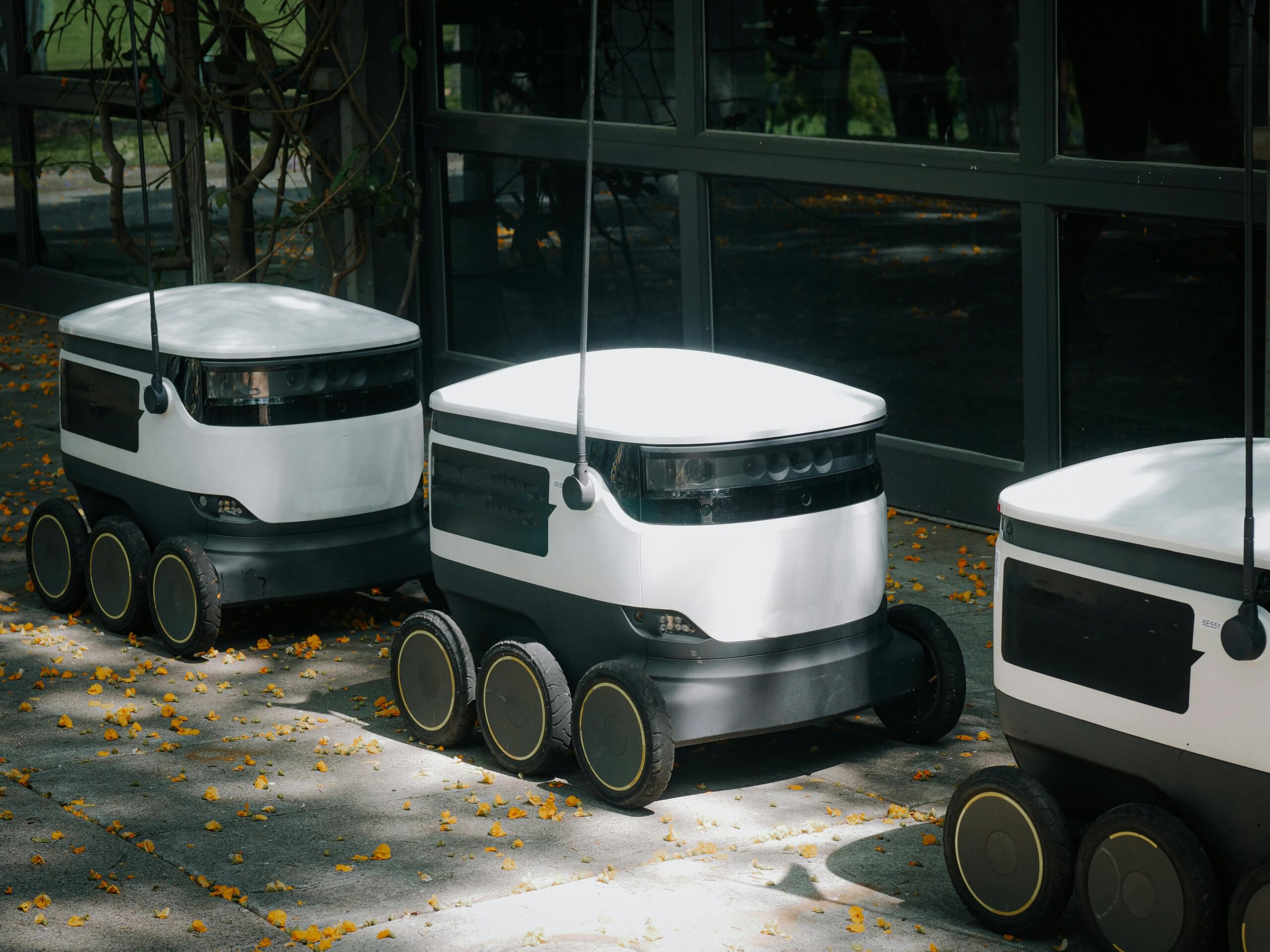AI Automation: Enhancing Operational Efficiency for Small Businesses
Estimated reading time: 7 minutes
Key Takeaways
- AI automation synergises artificial intelligence and robotic process automation for seamless task execution.
- It delivers improved accuracy, scalability, and cost-effectiveness compared to traditional automation.
- Small businesses can leverage AI automation to optimise operations and drive growth.
Table of Contents
- Introduction
- What is AI Automation?
- Benefits of AI Automation for Small Businesses
- AI Automation Use Cases for SMBs
- Implementing AI Automation in Your Business
- Frequently Asked Questions
Introduction
In today’s hyper-competitive business landscape, small and medium-sized businesses (SMBs) must continually seek ways to enhance operational efficiency and reduce costs. The implementation of intelligent technologies like artificial intelligence (AI) and automation has become increasingly crucial for businesses to stay ahead of the curve.
One such transformative technology is AI automation, which combines the power of AI with robotic process automation (RPA) to streamline complex business processes. By leveraging AI automation, SMBs can optimise their operations, reduce manual labour, and focus on strategic initiatives that drive growth and profitability.
What is AI Automation?
“AI automation is the combination of artificial intelligence technologies, such as machine learning and natural language processing, with robotic process automation tools to enable autonomous task execution and continuous process improvement.” – Salesforce
At its core, AI automation fuses AI capabilities like machine learning, natural language processing, and computer vision with RPA to create intelligent automation systems. These systems can not only automate repetitive tasks but also learn and adapt to changing conditions, making decisions and optimising processes autonomously.
Key Components of AI Automation:
- Machine Learning (ML): Algorithms that analyse data and identify patterns to make predictions and optimise processes.
- Natural Language Processing (NLP): Enables systems to understand and interact with human language, powering applications like chatbots and virtual assistants.
- Robotic Process Automation (RPA): Software robots that automate rule-based, repetitive tasks across various applications and systems.
Benefits of AI Automation for Small Businesses
The integration of AI and automation offers numerous advantages for small businesses, including:
- Increased Efficiency: AI automation can streamline and optimise processes, reducing manual effort and minimising errors.
- Cost Savings: By automating repetitive tasks and leveraging AI-driven insights, businesses can significantly reduce operational costs.
- Enhanced Decision-Making: AI algorithms can analyse vast amounts of data to identify patterns and inform data-driven decision-making.
- Scalability: AI-powered automation can adapt to changing business needs, enabling sustainable growth and handling increased workloads.
- Improved Customer Experience: By automating customer-facing processes and leveraging AI-driven insights, businesses can deliver personalised and seamless experiences.
AI Automation Use Cases for SMBs
AI automation can be applied to various business functions and processes, including:
- Customer Service: Intelligent chatbots and virtual assistants can handle customer inquiries and support requests 24/7, improving response times and freeing up human agents for more complex tasks.
- Data Entry and Processing: AI-powered systems can extract data from various sources like forms, documents, and emails, automating data entry and validation processes.
- Sales and Marketing: AI automation can be used for lead scoring, personalised marketing campaigns, and predictive analytics to optimise sales strategies.
- Finance and Accounting: Automate tasks such as invoice processing, expense management, and financial reporting, reducing manual errors and improving accuracy.
- Human Resources: AI-driven recruitment tools can streamline candidate screening, scheduling interviews, and onboarding processes.
Implementing AI Automation in Your Business
While the benefits of AI automation are compelling, implementing it in your small business requires careful planning and execution. Here are some key steps to consider:
- Identify Suitable Processes: Evaluate your business processes and prioritise those that are repetitive, rule-based, and could benefit the most from automation.
- Assess Your Data: AI automation relies on data to train algorithms and make informed decisions. Ensure you have access to relevant, high-quality data sets.
- Choose the Right Solution: Explore various AI automation platforms and vendors, considering their features, scalability, and integration capabilities with your existing systems.
- Train and Upskill Employees: Provide training and support to help your employees understand and effectively utilise the AI automation systems.
- Start with a Pilot Project: Begin with a small-scale pilot project to test the solution, identify any issues, and refine your implementation strategy before scaling up.
- Continuously Monitor and Optimise: Regularly review the performance of your AI automation systems, gather feedback, and make necessary adjustments to ensure optimal results.
Frequently Asked Questions
What is the difference between traditional automation and AI automation?
Traditional automation relies on predefined rules and scripts, while AI automation can learn and adapt to new situations, making autonomous decisions based on data analysis.
How does AI automation impact employment in small businesses?
AI automation aims to augment human capabilities rather than replace them entirely. It can shift employees’ focus toward higher-value, strategic tasks while automating repetitive, mundane work.
Is AI automation expensive for small businesses?
While initial implementation costs may vary, many AI automation solutions offer scalable and affordable pricing models tailored to small business budgets. The long-term cost savings from increased efficiency often outweigh the investment.
Embrace the Future with AI Automation
As the rapidly evolving business landscape demands greater agility and efficiency, AI automation presents a compelling opportunity for small businesses to optimise operations, reduce costs, and drive growth. By leveraging the power of AI and automation, SMBs can stay ahead of the competition and position themselves for long-term success.
Ready to explore the possibilities of AI automation for your business? Contact us today to learn more about our tailored solutions and expert guidance.


